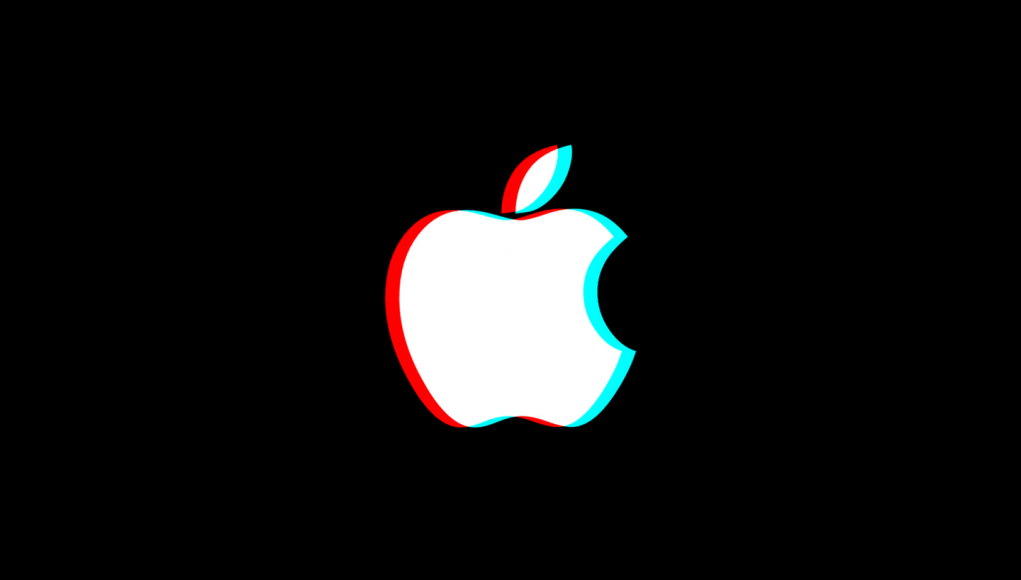Multiple trademark filings spotted by Bloomberg over the weekend support the notion that Apple’s long-rumored mixed reality headset will be running under the ‘Reality’ naming scheme.
Trademark applications were filed earlier this month in the US, EU, UK, Canada, Australia, New Zealand, Saudi Arabia, Costa Rica and Uruguay for three names: Reality One, Reality Pro, and Reality Processor, Bloomberg reports.
The first two may differentiate classes of the rumored MR headset, much like iPhone 13 and iPhone 13 Pro, while ‘Reality Processor’ could be the platform’s SoC. The report maintains Apple may be using a M2 SoC with 16 GB of memory.
Furthermore, Bloomberg reports Apple’s MR headset will focus on VR versions of apps like Maps and FaceTime, different social apps, and media apps for “sports and movies in VR and gaming.” The trademarks also include a “health-related functions” feature.
None of the applications are registered to Apple by name—many were filed by ‘Immersive Health Solutions’—however the company typically uses shell corporations and small law firms across the globe to obfuscate its connection to forthcoming products. At the time of this writing are still marked as “pending”.
A trademark filed earlier this year which was attributed to Apple seemingly staked its claim to the name ‘realityOS’, or what could be the company’s mixed reality operating system. The trademark was initially filed just two months before ‘realityOS’ began showing up in Apple source code.
As per usual, Apple hasn’t said anything official or released any mention of its forthcoming MR headset from its black box headquarters in Cupertino. What we do know is based on reports, so take the following information with a grain of salt.
Apple’s first headset, which like Meta’s Project Cambria (possibly named Quest Pro), is said to feature VR displays and color passthrough cameras which will allow it to do augmented reality tasks—i.e. making it a mixed reality headset. Here’s what we (think) we know about Apple’s MR headset, codenamed N301.
- N301 will be a precursor to a long-rumored, full-fledged AR device which may be named Apple Glass
- N301 may pack a dozen cameras for room-scale tracking, hand-tracking, eye-tracking, and passthrough AR
- N301 could cost around $3,000
- Supply chain rumors suggest it includes MicroOLED displays targeting pixel density of 3,000ppi
- “as early as 2022” launch dates for N301 have been reported in the past, however later reports suggest a delay to 2023
Follow-up devices are said to include a headset codenamed N602, and a proper pair of AR glasses codenamed N421. Bloomberg maintains these devices may arrive sometime later this decade.







